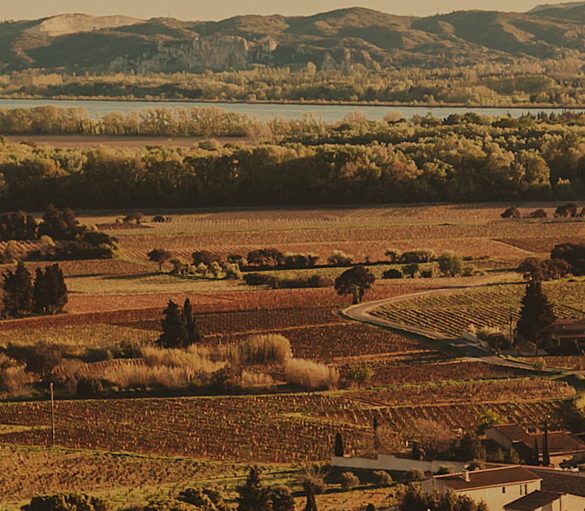Terroir is a French word, naturally, that loosely translates as soil, BUT means so much more! The French oenologists will be upset if you translate it as simply soil. Rightly so, because it’s not just a word, it’s a concept.
Terroir (pronounced tehr-wahr) was originally a French term in wine and coffee appreciation used to denote the special or unique characteristics of geography that bestowed individuality upon the food product. The term has been adopted by the French wine Appellation d’origine contrôlée (AOC) system. The terroir concept has been the foundation for appellation and wine regulations across the entire wine world.
The soil is the mother of the grapes. It nurtures by providing unique characteristics that can only be found in that part of the world. Each patch of “dirt” has its own individual qualities that will produce varied and unique results on the same varieties of grapes. That’s why Cabernet Sauvignon grapes grown in France will and should taste different than ones grown in Argentina.
As any geologist will confirm, the geology of an area determines so much. The terroir is the soil (is it gravel, limestone, chalky?), the local climate, natural landscape features of the area, water drainage and absorption, mineral composition, altitude, maritime climate, humidity, seasonal factors such as frost patterns, and even the vineyard owner’s decisions on how to cultivate this land will all affect the vines and grapes. The combination of all of these unique characteristics provide your grapes with its oh-so-important growing home.
The terroir can make us Old World or New World wine drinkers. A bottle of wine is an art, if done correctly. In your glass a whole process of history of wine making has travelled thousands of years from the Egyptians, Greeks, Romans, and Medieval Catholic monks to the modern farmers. They have, in some areas, planted in that chosen spot for hundreds of years or longer. The sun, rain, seasons, toil of workers, and decisions of vineyard owners have all come together for what they believe will be an actual taste of their terroir in their bottle.
Can you taste the wet stones of their soil, the warm sun that helped form the budding of the grapes, the gentle rain that urged the vines on, the chalky mineral aspects of the dirt, and the sweet, singing voice of the “viticulturist” who encouraged his grapes to cooperate? Terroir…so much more than just soil.



